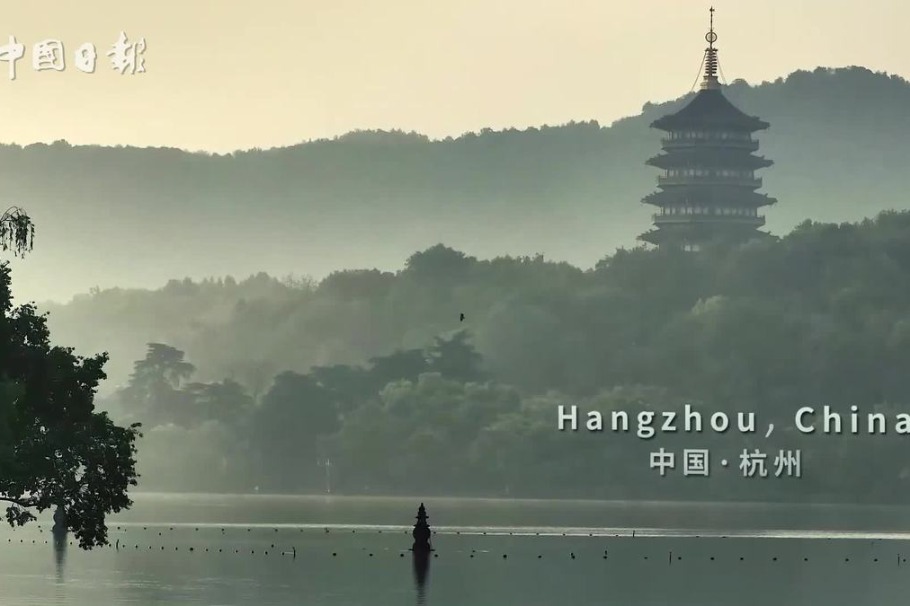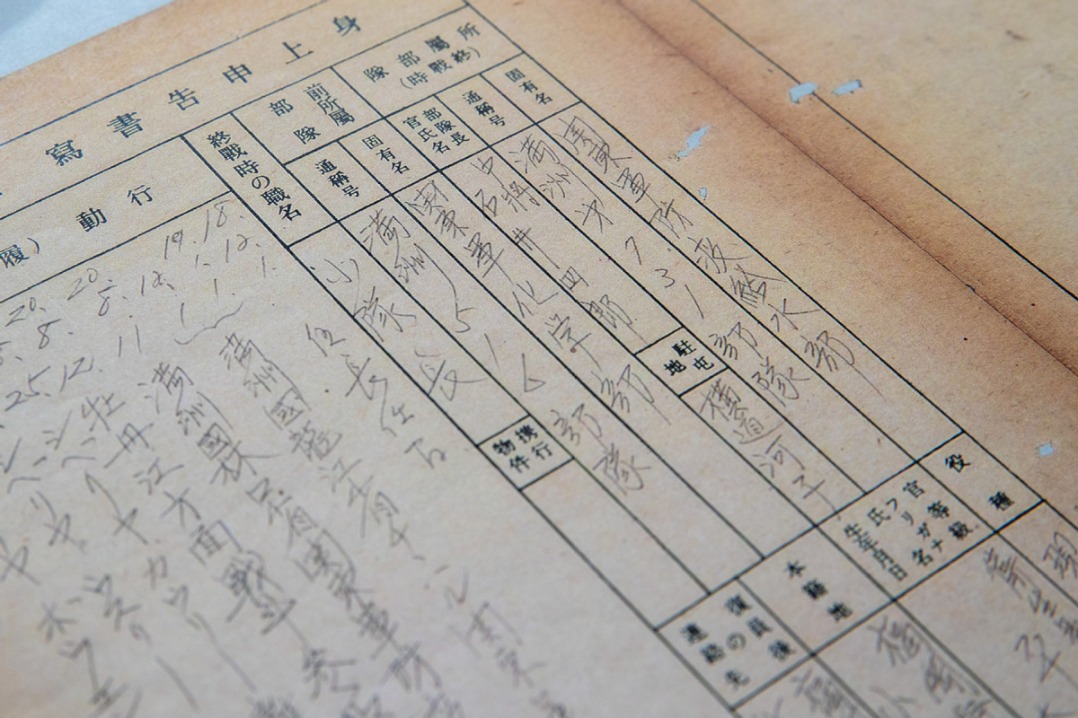S. Africa's hard road: black to green
By NDUMISO MLILO in Johannesburg, South Africa | China Daily | Updated: 2021-12-13 07:38

South Africa has great challenges ahead of it in substantially reducing dependence on coal for power generation to achieve carbon neutrality by the middle of the century, but transforming to a greener economy will bring new opportunities to the country, experts say.
Dipak Patel, head of climate finance and innovation at the Presidential Climate Commission, said coal has dominated South Africa's energy sector, meaning persistent effort is needed to transit to renewable energy sources.
"Coal accounts for 85 percent of South Africa's electricity generation. We made unconditional commitment to do our decarbonization on our own determined pathway. The country will repurpose power stations to run on energy sources other than coal."
South Africa also needs financial assistance from developed countries, as they have pledged, to ameliorate the impact of the transition from coal to clean energy, Patel said. The country is pursuing a "just transition" to protect the environment, grow the economy and protect the livelihoods of communities that rely on coal for their survival, he said.
Nandi Malumbazo, senior lecturer at the School of Chemical and Metallurgical Engineering at the University of the Witwatersrand, in Johannesburg, said the government plans to move from 90 percent coal-fired power generation to about 30 percent power generation by 2050, the electricity deficit being made up from wind and solar power and some new nuclear generation. "The country is in a difficult position … there are several challenges in this regard," Malumbazo said.
Shifting from coal to renewable energy will require major new countrywide transmission lines because the present ones are unsuitable for renewable energy, she said.
The price of electricity will rise during the process, even though people already find it difficult to afford coal-based energy, she said.
It is possible energy supplies in the country, and the region will be unreliable if renewables provide the dominant proportion of power, Malumbazo said.
Wind and solar power have very low power-producing capacity (known as energy density), and about four to six times the number of power units are required to meet one unit of coal-fired power, she said.
Transition impact
In addition, South Africa supplies electricity to neighbors such as Botswana, Namibia, Zambia and Zimbabwe, which, she said, would be affected by the transition. Coal is the only possible energy source at present, she said, although nuclear power may ultimately provide the power generation of the future. Wind turbines and solar arrays cannot dispatch power when the wind does not blow, and the sun does not produce power, she said.
South Africa's energy sector accounts for nearly 80 percent of greenhouse gas emissions, half of which are from electricity generation and liquid fuel production alone.
Coal is used in developing infrastructure, generating electricity, mining, steel making and many industries, and fears have been voiced that in moving away from it many jobs will be lost.
South Africa has more than 255,000 direct employees in coal mining and power generation and many in the value chains, the government says. Coal is a dominant industry in most major towns in Mpumalanga and Limpopo provinces.
However, Patel said the transition will boost the development of new industries in South Africa and create job opportunities.
"As we ramp up electricity generation from renewable and greener energy sources, new construction jobs are created in the early years. The real benefit comes from job creation as we develop new industries like hydrogen production for domestic use and export."
In addition, mine workers can also switch to mining jobs for the green economy-new minerals and metals required for renewable and green industries, he said.
The writer is a freelance journalist for China Daily.
























